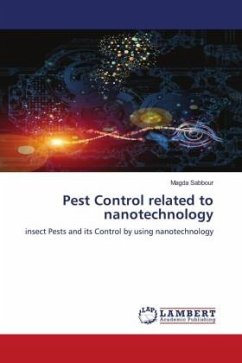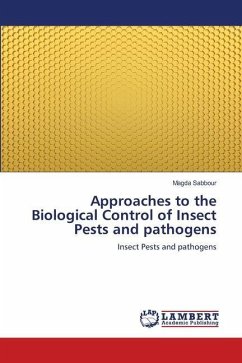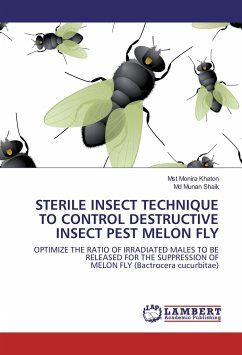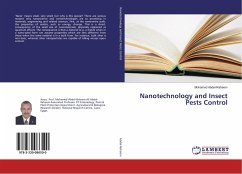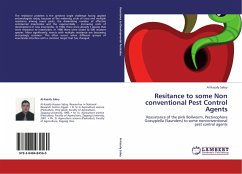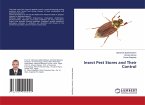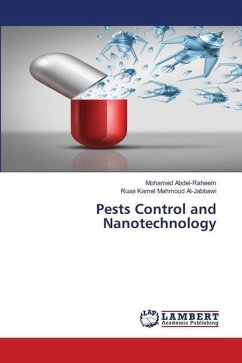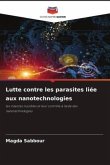The marketability of the food grains is hampered when insect pests feed on grains and make them unfit for human consumption, leading to huge monetary losses. Losses due to insect infestation under storage can go up to 50 to 60% under extreme situations. Sometimes, the postharvest losses can surpass the losses that crops suffer in the field. Direct losses occur in the form of direct consumption of kernels, while indirect losses include formation of webbing, exuviate, frass, and insect cadavers that significantly hamper seed quality and leave grains unfit for human consumption. Changes in the grain storage environment due to insect infestation result in the formation of warm and moist "hotspots" which further lead to the development of storage fungi. The presence of fungi in stored grain can further increase the level of crop losses. The main advantage of nanopesticides usage is the reduction in the quantity of pesticide applied for a crop and or stored product protection. Nanotechnology deals with materials at the nanometer scale and is demonstrated to have a great potential in providing novel solutions to pest problems.
Bitte wählen Sie Ihr Anliegen aus.
Rechnungen
Retourenschein anfordern
Bestellstatus
Storno

